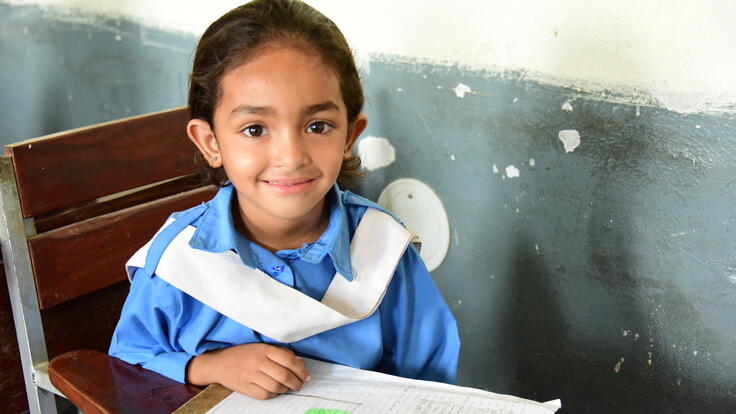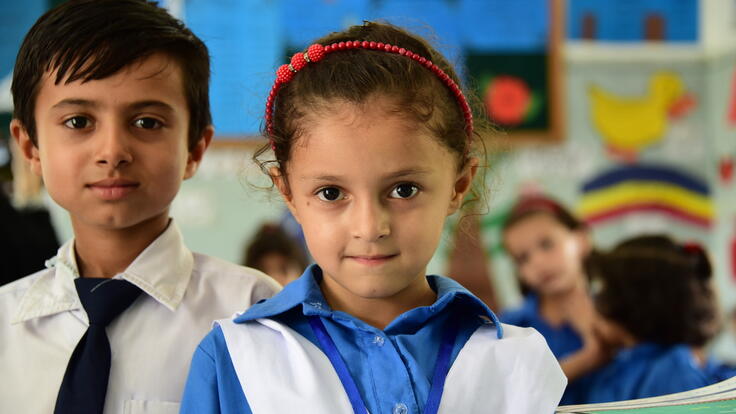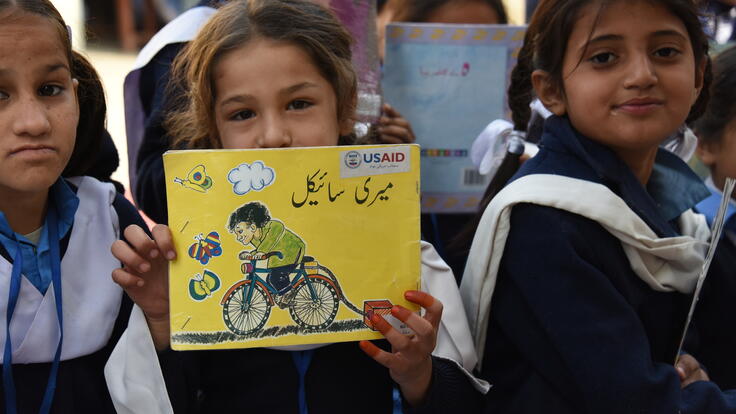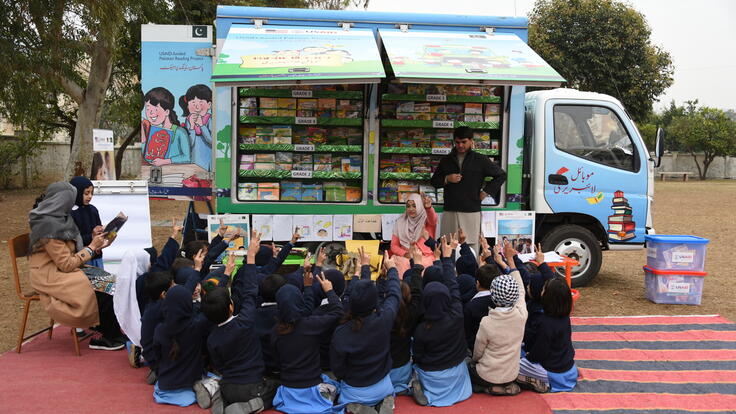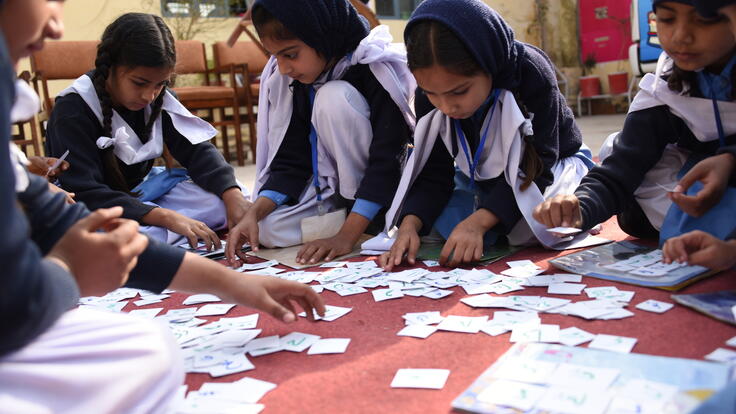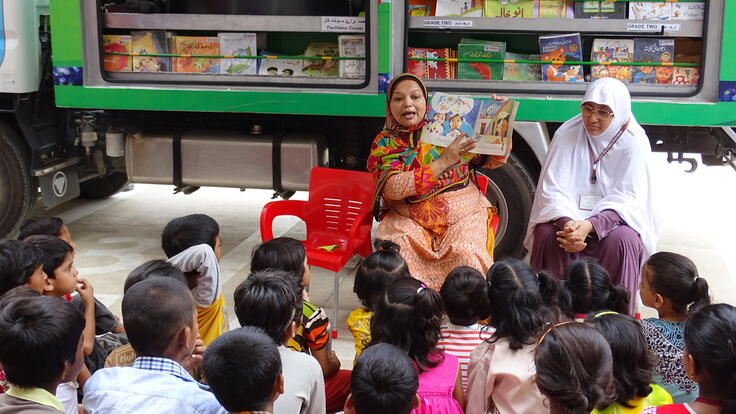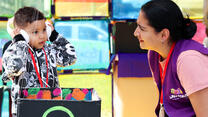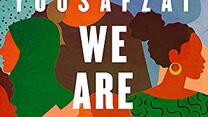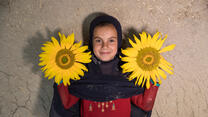See how education is reaching children in Pakistan
July 12 is Malala Yousafzai’s birthday. It is also ‘Malala Day,’ named by the United Nations in honor of the young Pakistani activist’s fight for universal education, which continued undeterred even after she was shot by the Taliban in 2012 on her way home from school.
In Pakistan, Malala’s homeland, nearly half of all children are out of school—and most of these are girls. The International Rescue Committee is there, working to help ensure that all children have access to education.
